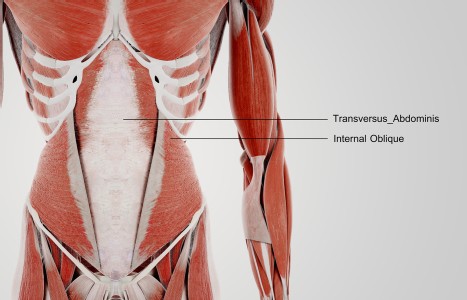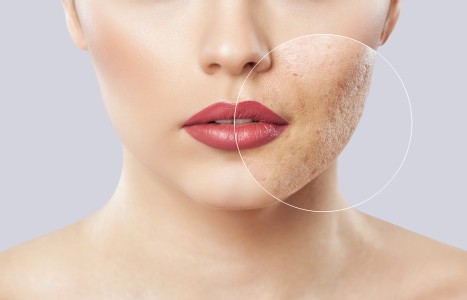TrA-2, my primary needle location, I needle 95% of the time and I think it works the best. You’ll know you have the right point location when you discover the muscle twitching when applying electric stimulation.
The Blind Leading the Blind?
In a case that touches not only upon the skills it takes to be an acupuncturist, but also upon the Americans With Disabilities Act, the Texas State Board of Acupuncture Examiners ruled on Feb. 1, 2008 that a blind acupuncturist who has passed her national exams cannot be licensed without additional observation. The case highlights the delicate balancing act between individual rights and patient safety.
Juliana Cumbo, who lost her sight to a childhood illness, graduated from the Academy of Oriental Medicine at Austin (AOMA) with a master's degree in acupuncture and Oriental medicine and passed her national exams by demonstrating her aptitude on a live model. According to the Austin American-Statesman, which has been following this case closely, not one of the 592 patients she treated during her training at AOMA filed a formal complaint.
Cumbo also has done additional training in Japan, where blind acupuncturists are much more commonplace. Her lawyer, David Cohen, told the American-Statesman that, in contrast, he did a quick national search and turned up only three licensed blind acupuncturists in the United States.
Late last year, the board rejected Cumbo's initial request for a license, which she then appealed. There is no specific Texas law forbidding granting a license to a blind acupuncturist, although it has not ever been done before. At the appeals hearing, the four-person licensure committee of the board ruled that Cumbo was to be evaluated by a neutral physician and acupuncturist (who cannot be affiliated with AOMA) as she works on one male and one female patient. The observers are then to report back to the committee within six months as to whether Cumbo should be granted a license.
On the one hand, committee members raised concerns about patient safety. According to the American-Statesman, Meng-Sheng Lin, chairwoman of the licensure committee, expressed her concerns to Cumbo during the hearing: "I'm really concerned about you - both you and the public." She went on to question Cumbo about how she might avoid infecting herself or the patient if blood were drawn accidentally, as well as Cumbo's methods of diagnosis, given that a visual inspection is considered to be vital in diagnosis.
On the other hand, Cumbo responded, "I walk with a patient on their arm to the treatment room. I can see how they move. It gives me a lot of information that you would see and I can feel." In response to the concerns about accidentally drawing blood, she responded that she uses thin needles that do not go in deeply and uses cotton balls when she withdraws the needles. Additionally, Cumbo offered to have patients tell her if there is bleeding at the needle-insertion site.
Will Morris, president of AOMA, spoke on Cumbo's behalf at the most recent hearing, stating that she is an "outstanding practitioner" and that she was able to find the proper acupuncture points better than many sighted students. Others from the school also spoke in her favor.
Cumbo's lawyer told the American-Statesman that the board's decision "does appear to be an extra burden placed on her" that other licensees will not face. He added that denying Cumbo a license on the basis of her blindness alone would violate the Americans With Disabilities Act and produce potential grounds for a lawsuit against the board itself.
As for Cumbo, who has been offered a job once she gets her license, she has maintained all along that all she wants to do is be able to help people: "I wanted to be more involved in health care, and I thought it was a perfect profession for a blind person. I enjoy it thoroughly."


